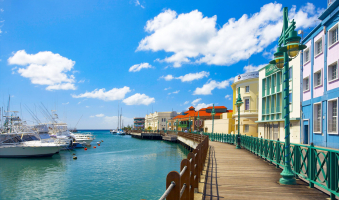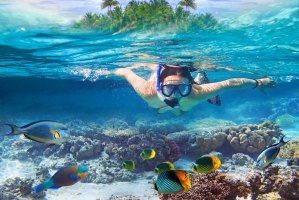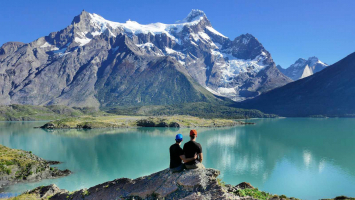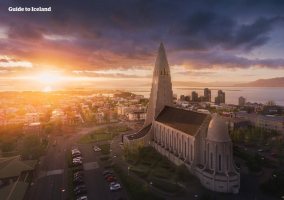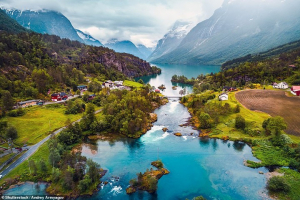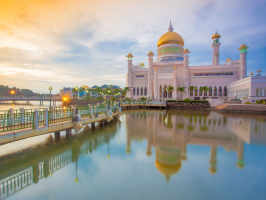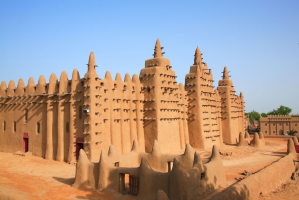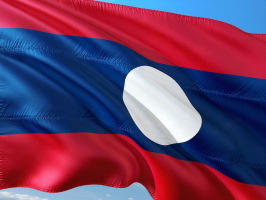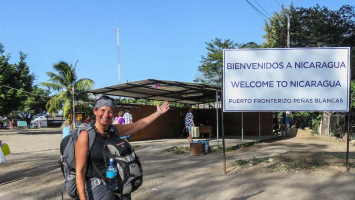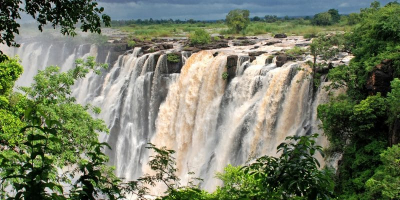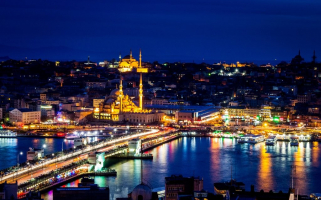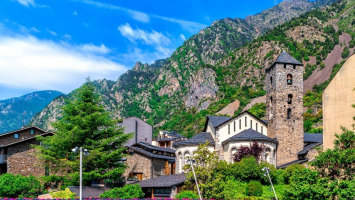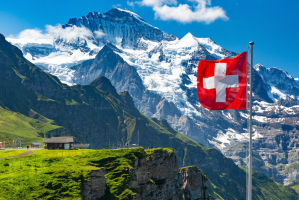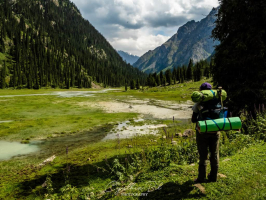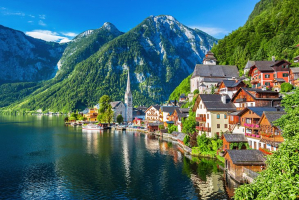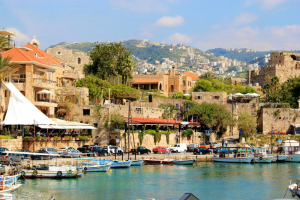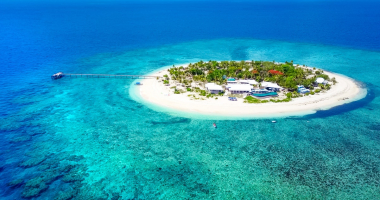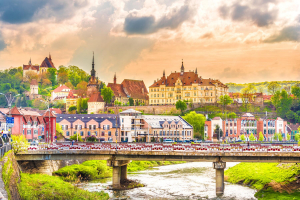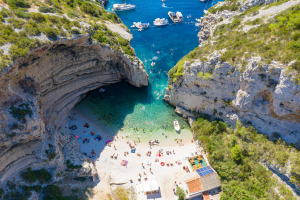Top 8 Things About Venezuela You Should Know
Venezuela is a great country, albeit it is tragically one of the least visited, due to its recent political upheaval. Little has been mentioned about the ... read more...genuine beauty of this beautiful country in recent years due to its dismal reputation and all-around poor news. While it is true that Venezuela is not the safest country to visit in 2017, there is so much more to Venezuela that many people will never know. Here are 7 things about Venezuela you should know.
-
Venezuelan "tepuyes" are rock formations that have existed for billions of years on the planet, with one specific "tepuy" known as "Roraima" being the highest. A variety of vegetation, including some carnivorous plants, was able to thrive and flourish on our soil due to our unique environment. As a result, many kinds of flora and wildlife that survive in Venezuela are found nowhere else on the planet. This is one of the things about Venezuela you should know.
If you want to have a closer look at this natural wonder, guided excursions can be arranged if you travel with an expert. The locals are very protective of their territories, and no one is allowed to venture there alone. The journey to the summit can take several days.
The "Llovizna" National Park in "Ciudad Guayana," as well as the Angel Falls, a natural cascade with a height of over 970 meters, are two of Venezuela's most recognized sites. It is also the world's highest continuously flowing waterfall.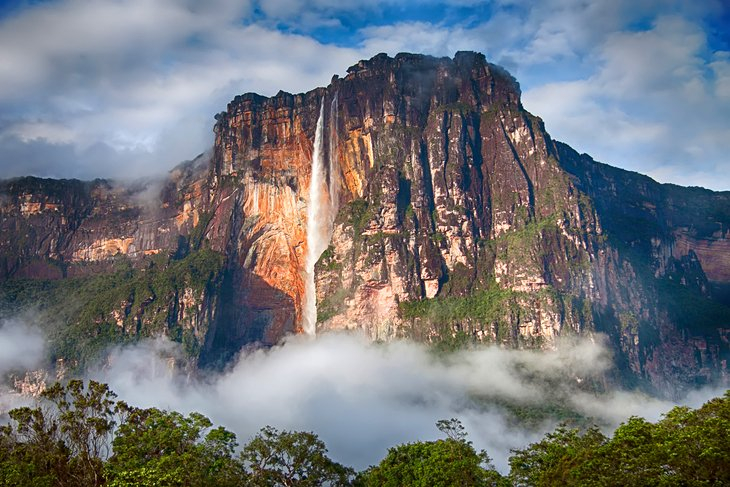
https://www.planetware.com/ 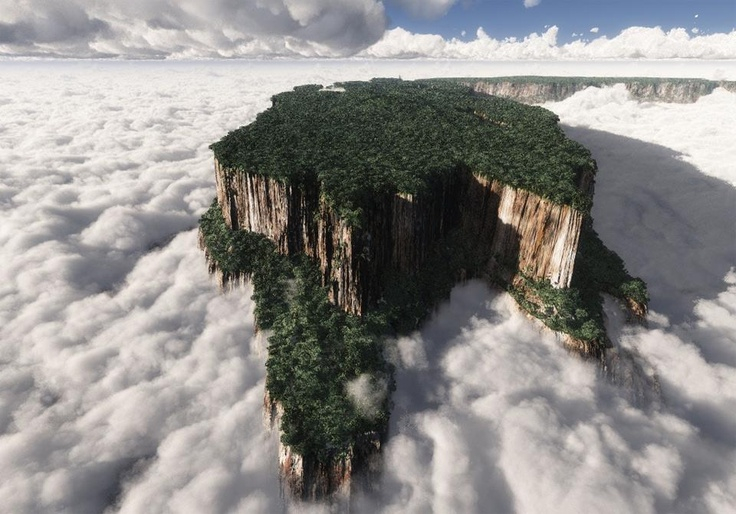
https://www.pinterest.com/ -
Those who dare to claim their rights and show themselves to be different from others face a constant battle in the world. Even though same-sex marriages are not legal in Venezuela, they are not formally forbidden. This is also one of the things in Venezuela you should know.
Same-sex sexual conduct is legal in Venezuela for both men and women, although same-sex couples and homes headed by same-sex couples do not have the same legal protections as opposite-sex married couples. Since 1999, same-sex marriage and de facto relationships have been prohibited under the Constitution.
It is fairly typical to have a friend who is a member of the LGBT community in all of the major cities. In comparison to other countries, gay people may meet freely and be themselves, which makes their lives much easier and happier. Since its taboo has lost its power in the eyes of modern society, homophobia appears to have ceased to be a "hot topic" in this country.
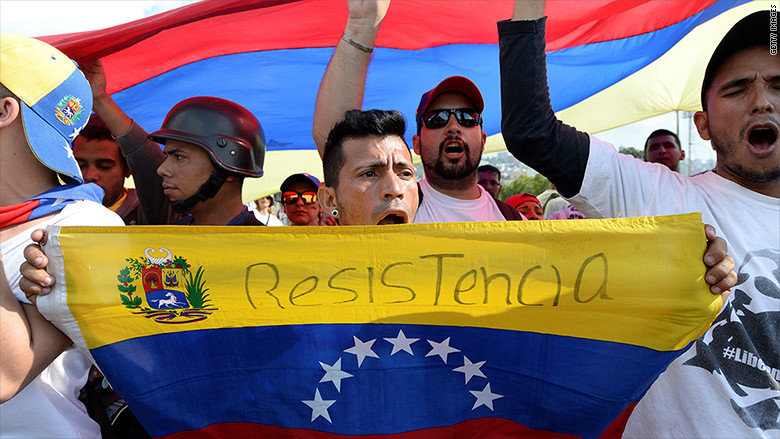
https://caribeafirmativo.lgbt/ 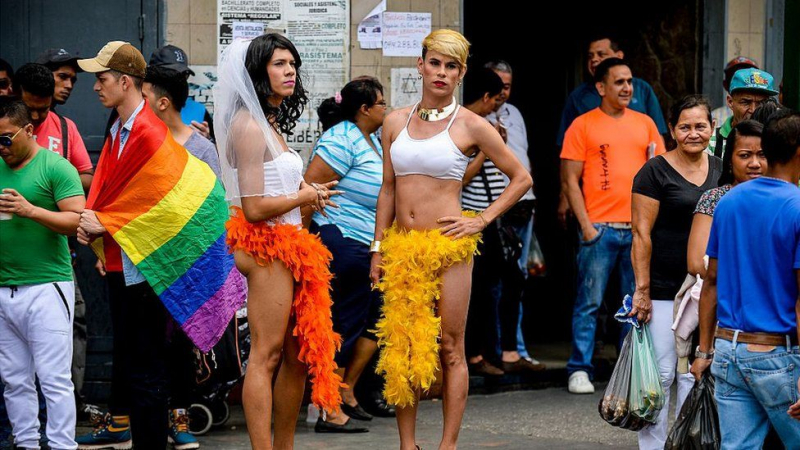
https://www.bbc.com/ -
Although following the established regulations is necessary for a community to work in peace and harmony, Venezuelans have come to an agreement to... disregard some specific laws. If you live distant from the major bus terminal, for example, the bus drivers may drop you off somewhere else depending on the conditions. In other situations, based on your demands and urgencies, some authorities may disregard the stated prohibitions.
There's also a new kind of transportation known as "Moto-taxi," which uses motorbikes rather than cars. It's especially beneficial when you need to get somewhere quickly if there's a lot of traffic. It also assists some people in earning a living in this manner. It can, however, be dangerous because some people drive quite rapidly.
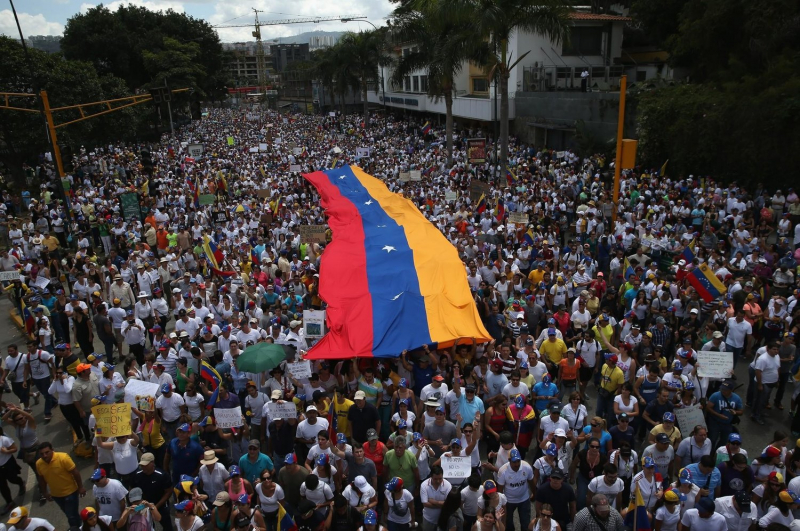
https://blog-iacl-aidc.org/ 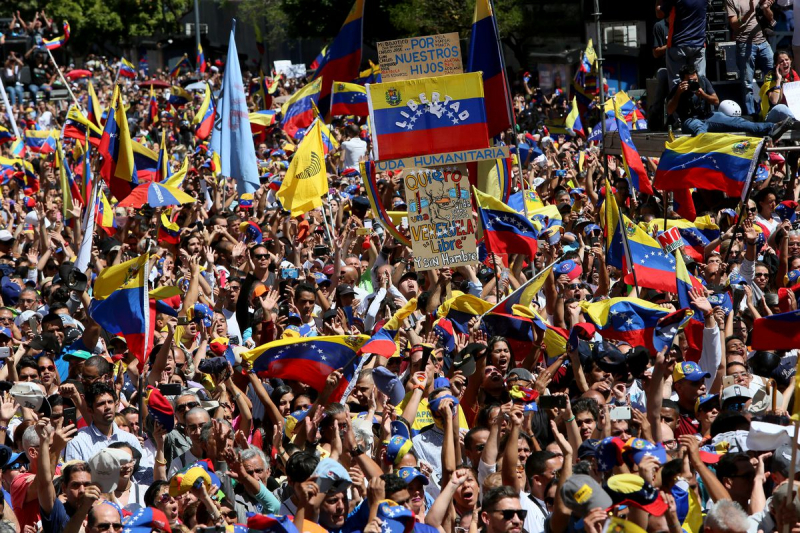
https://www.vox.com/ -
Without ever leaving the country's borders, you can choose a different climate for various types of vacation demands. It is one of the things about Venezuela you should know. Venezuela's climate is tropical and isothermal due to its proximity to the Equator, but due to geography and the prevalent wind direction, various climatic types exist that are similar to those found in temperate and even polar countries. The Venezuelan economy is unaffected by latitude. While coastal cities like Maracaibo, Barcelona, Porlamar, and Maiquetia can get extremely hot, cities in valleys like Mérida, Caracas, Los Teques, and San Cristobal have cooler temperatures, and the highest towns like Mucuchies and Apartaderos have frigid (tundra) climates.
Perhaps you'd like to go skiing around Mérida's snowy peaks, or perhaps you'd like to show off your best swimwear on Margarita, Aragua, or Falcón's scorching and magnificent beaches. Perhaps you'd want to explore the thermal springs or the wide Apure plains, or perhaps you'd like to visit one of our natural deserts.
This area also features the world's highest concentration of lightning, which has been entered to the Guinness Book of World Records. This remarkable phenomena is known as "El Relámpago del Catatumbo," and it takes place in the Maracaibo Lake Basin, one of Latin America's largest lakes.
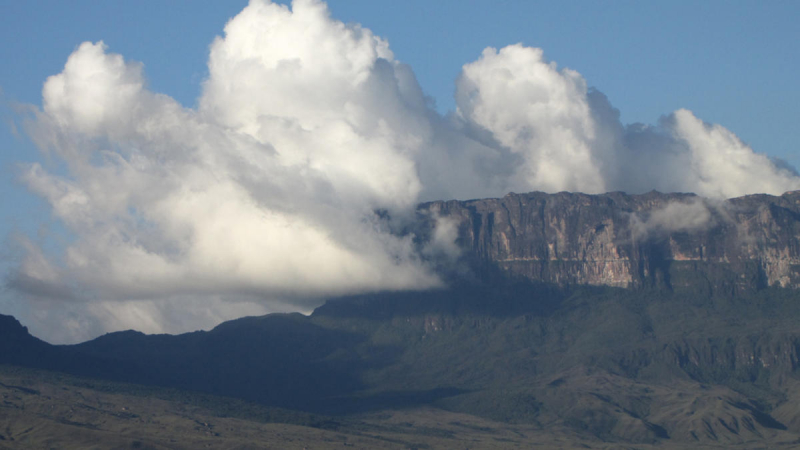
https://www.iexplore.com/ 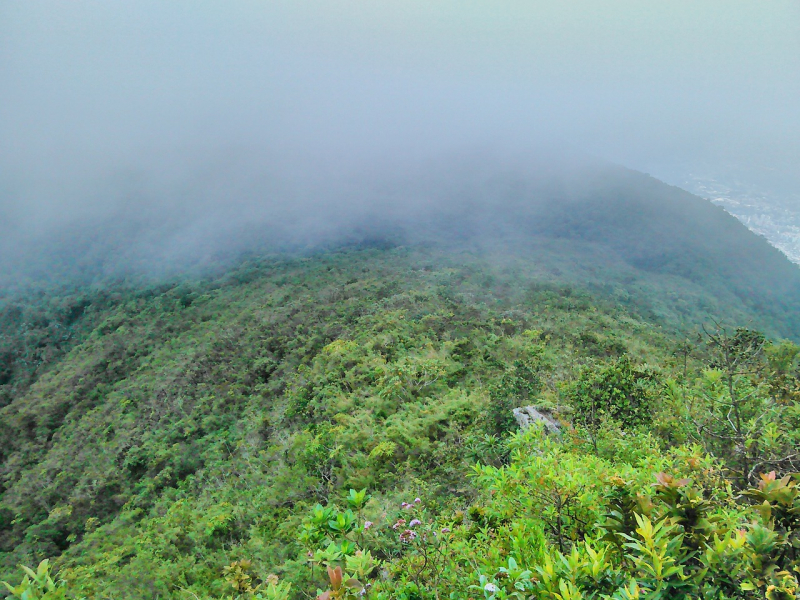
https://seasonsyear.com/ -
The cuisine of Venezuela is influenced by European (Italian, Spanish, Portuguese, and French) as well as West African and indigenous traditions. Venezuelan food differs widely depending on the location. Corn, rice, plantains, yams, beans, and a variety of meats are all staples. Side dishes in the Venezuelan diet include potatoes, tomatoes, onions, eggplants, squashes, spinach, and zucchini. Most recipes include aj dulce and papelón. Stews typically include Worcestershire sauce. Venezuela is also recognized for its huge variety of white cheese (queso blanco), which is usually named for the geographical region where it is produced.
The "Pabellón Criollo," which comprises of rice, beans, sliced and shredded beef, is one of the most well-known traditional dishes (although each version also depends on the region). The "arepas" and "empanadas," cooked with corn flour and seasoned with various fillings, reign supreme for breakfast. In terms of drinks, "Malta," a type of black barley beer that contains no alcohol, is one of the most traditional, as is "chicha," a thick drink made with rice.
Venezuelans idolize hamburgers, hot dogs, and meat sandwiches known as "pepitos" when it comes to street cuisine. Sauces, mojitos, spices, and cheeses, which may be easily purchased among the stalls set along the side of the streets, or concentrated in regions known as "Calle El Hambre," are also typical additions.
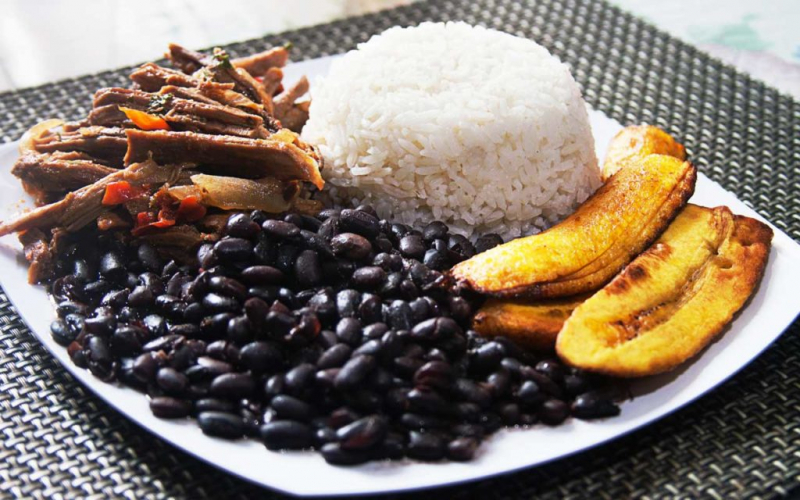
https://nomadparadise.com/ 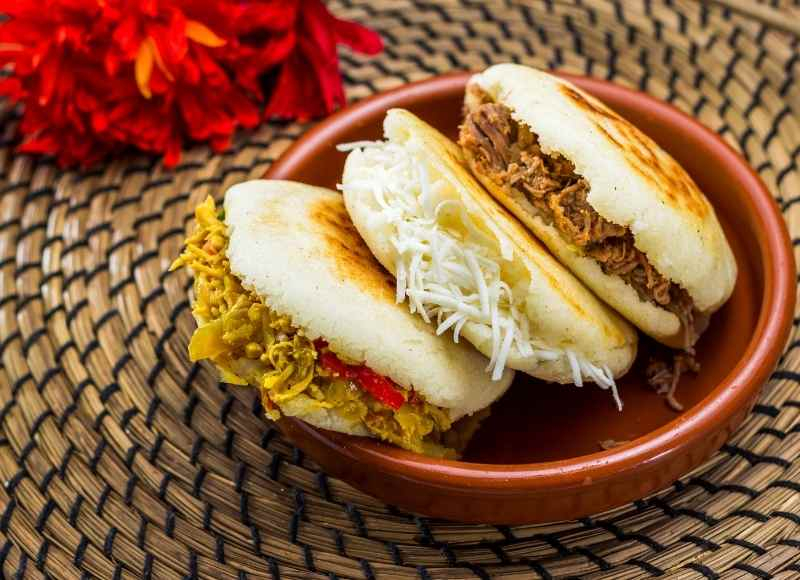
https://travelfoodatlas.com/ -
Thousands of individuals have visited Venezuela without incident, yet there are plenty of alarming statistics. After Honduras, it has the world's second highest rate of gun-related deaths (59.13 per 100,000 residents per year), while the capital, Caracas, has the worst murder rate of any big city (119.87 per 100,000 residents per year). This is one of the things about Venezuela you should know.
Much of the country is not recommended for travel, according to the Foreign Office. Only the Amazonas states to the south and east, Delta Amacuro and Bolvar, and the offshore Los Roques Archipelago National Park are currently safe to visit. "Violent crime and kidnapping pose a serious concern throughout Venezuela," it continues. Always be cautious, including when entering the nation.
Since early April 2017, significant political demonstrations and protests have occurred on a regular basis in Caracas and other cities, resulting in arrests, injuries, and deaths.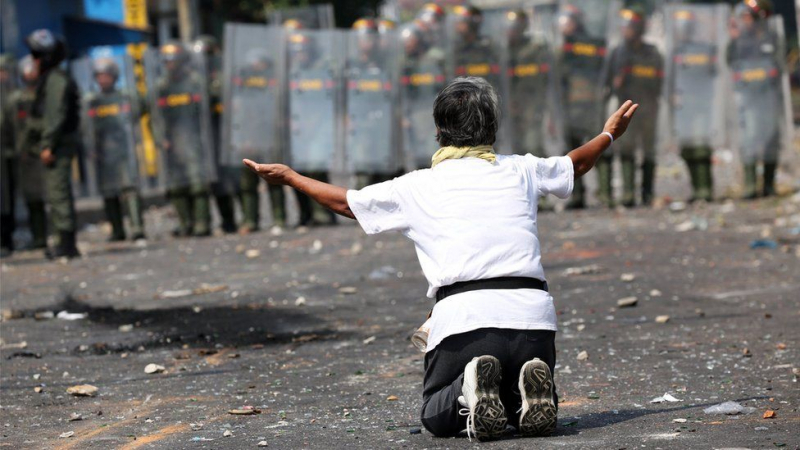
https://www.bbc.com/ 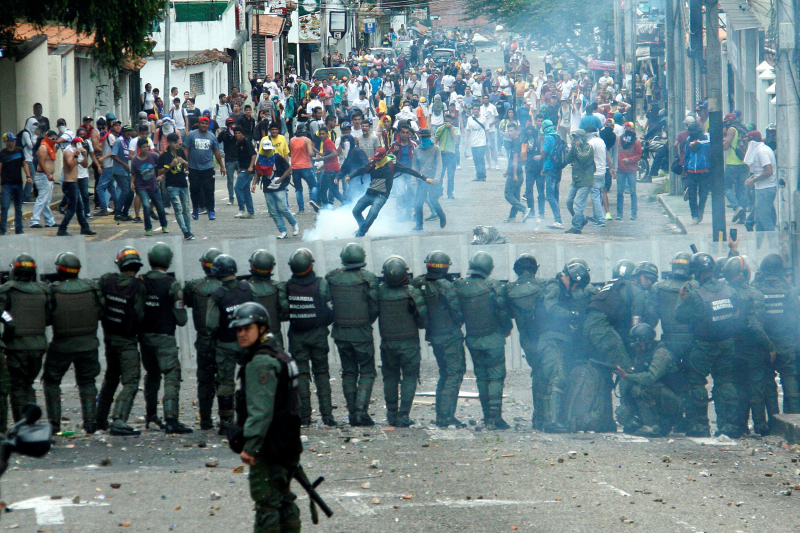
https://www.nbcnews.com/ -
"Contrary to popular belief, Hugo Chávez did not liberate Venezuela — at least not the first time," says South America specialist Chris Moss. Simón Bolvar, of course, was the tub-thumping proponent of the bolivariana revolution.
In August 1806, Francisco de Miranda, a dashing Venezuelan expatriate, landed with a force of 500 largely British and American volunteers from Barbados (where he had sought the advice of British Admiral Sir Alexander Cochrane). Their quest for independence was put down by Spanish loyalists, but it resulted in the creation of a flag.
The First Venezuelan Republic was founded in 1810 by a group of Caracas Creoles led by Simón Bolvar. On April 19, 1810, the colonial officials were ousted, and independence was declared on July 5, 1811. Venezuela was the first country in the region to revolt against Spanish rule, but the conflict lasted until 1823.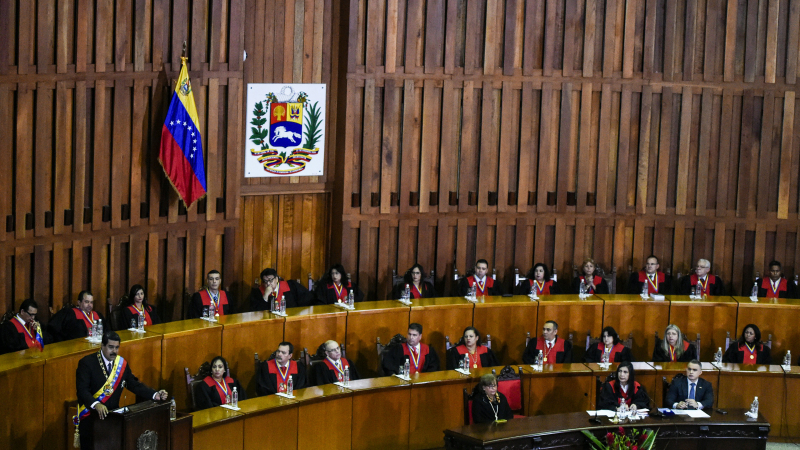
https://www.csis.org/ 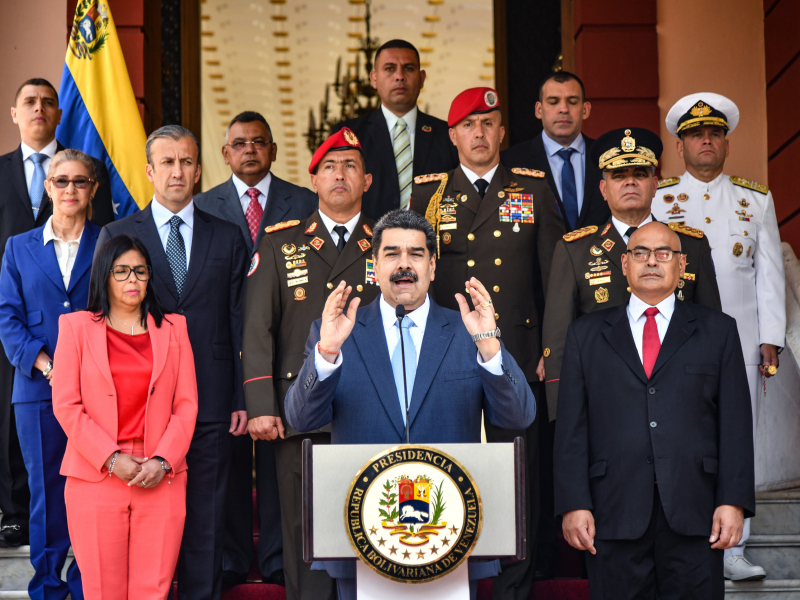
https://www.npr.org/ -
The Corpus Christi Dancing Devils are a group of popular Venezuelan Catholic celebrations celebrated on Corpus Christi to commemorate Christ's presence in the Eucharist. It refers to the rituals of 11 brotherhoods in various places, each with over 5,000 members, the most well-known of which is the Dancing Devils of Yare. In 2012, UNESCO designated these expressions as Intangible Cultural Heritage.
The brotherhood groups began in the mid-seventeenth century on the state farms of Aragua and Vargas. Corpus Christi was celebrated as early as 1749, with men, women, and children dressed as devils to honor commitments made to the Blessed Sacrament.
The origins of the Corpus Christi Dancing Devils have been variously attributed. A priest without the resources to hold the Corpus Christi procession 400 years ago exclaimed, "If there is no money or believers to bring the Blessed Sacrament in procession, then the devils come!" according to a narrative concerning the San Francisco de Yare fraternity. Following a storm, three devils appeared in front of the church.
Other legends about the Yare brotherhoods may be found in the novel Peona by Manuel Vicente Romero Garcia, which describes how the dancers were Ca demons in the 1870s in a clear and graphic manner.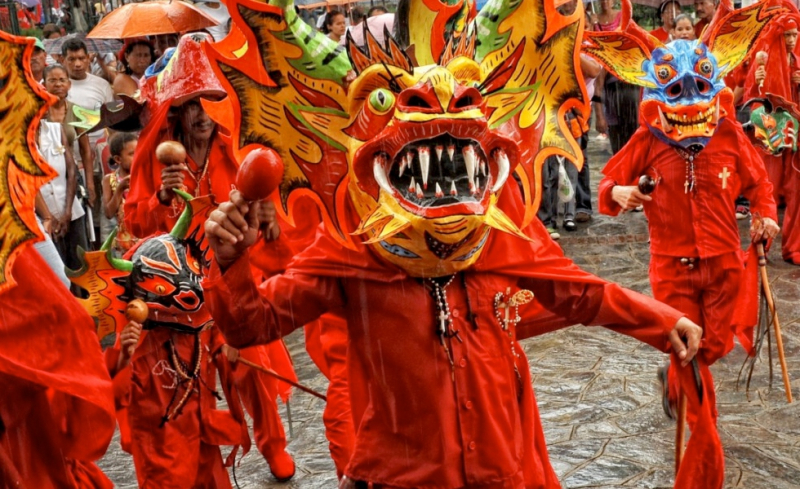
https://venezuelanalysis.com/ 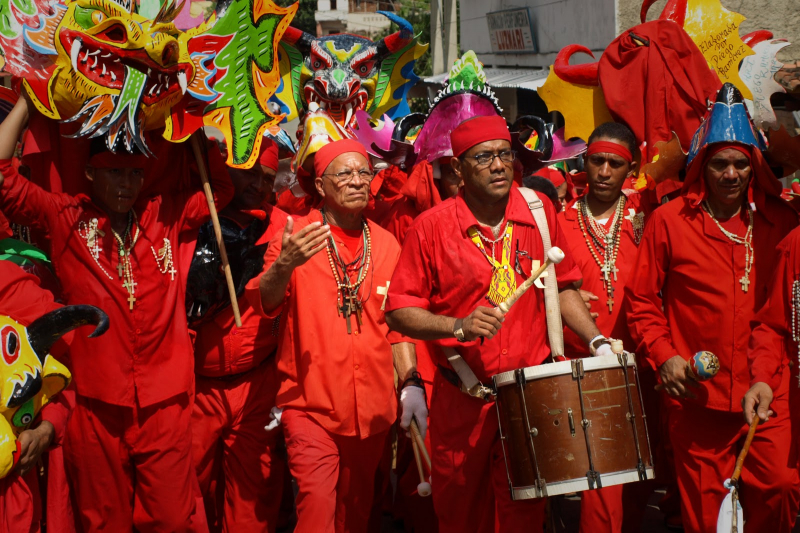
https://venezuelanalysis.com/










